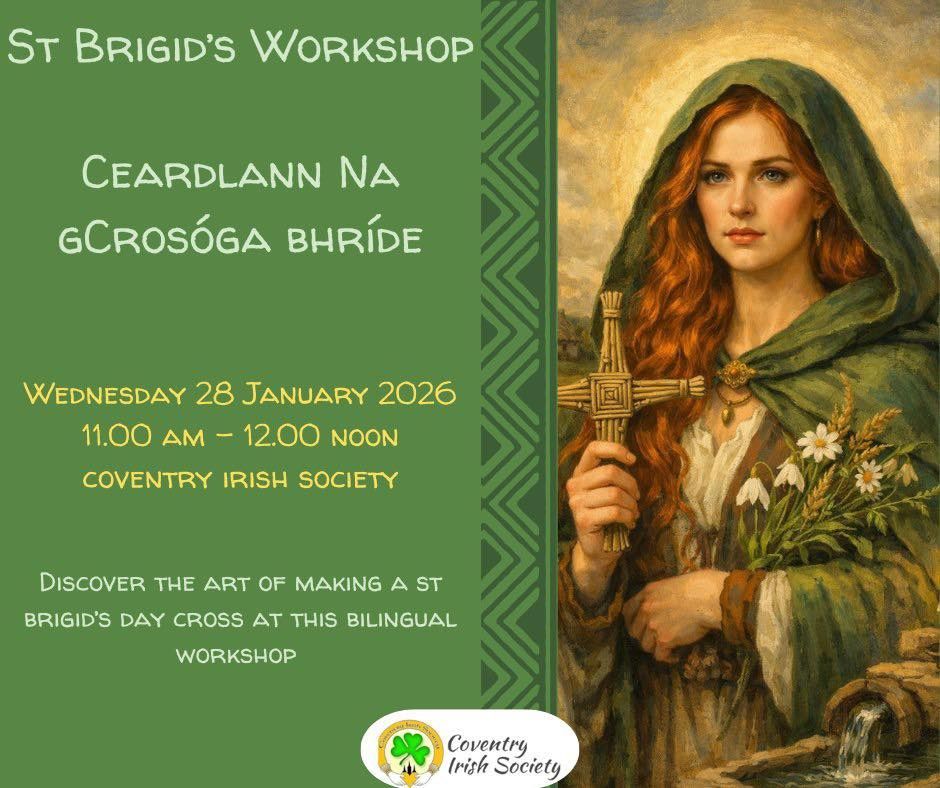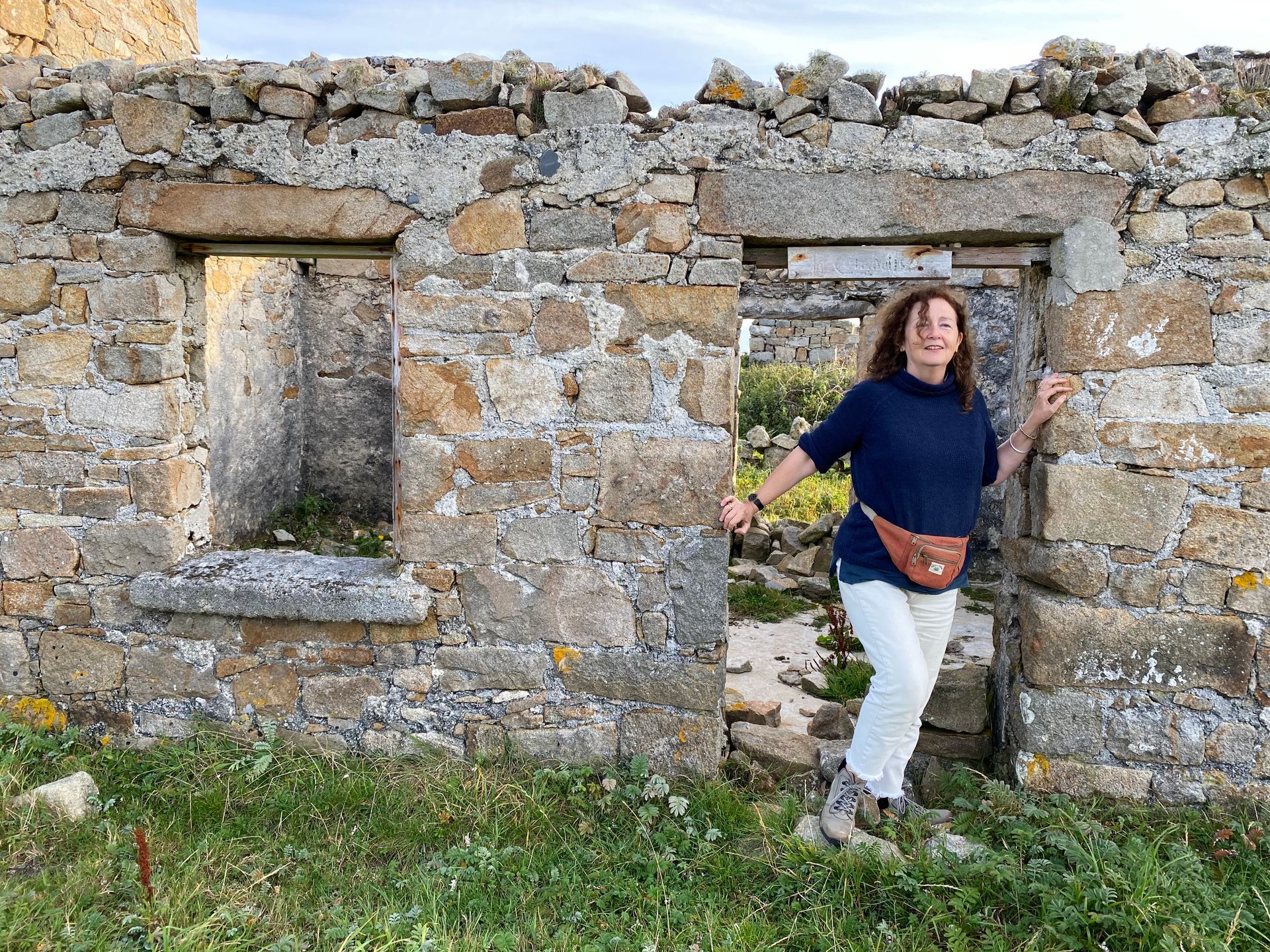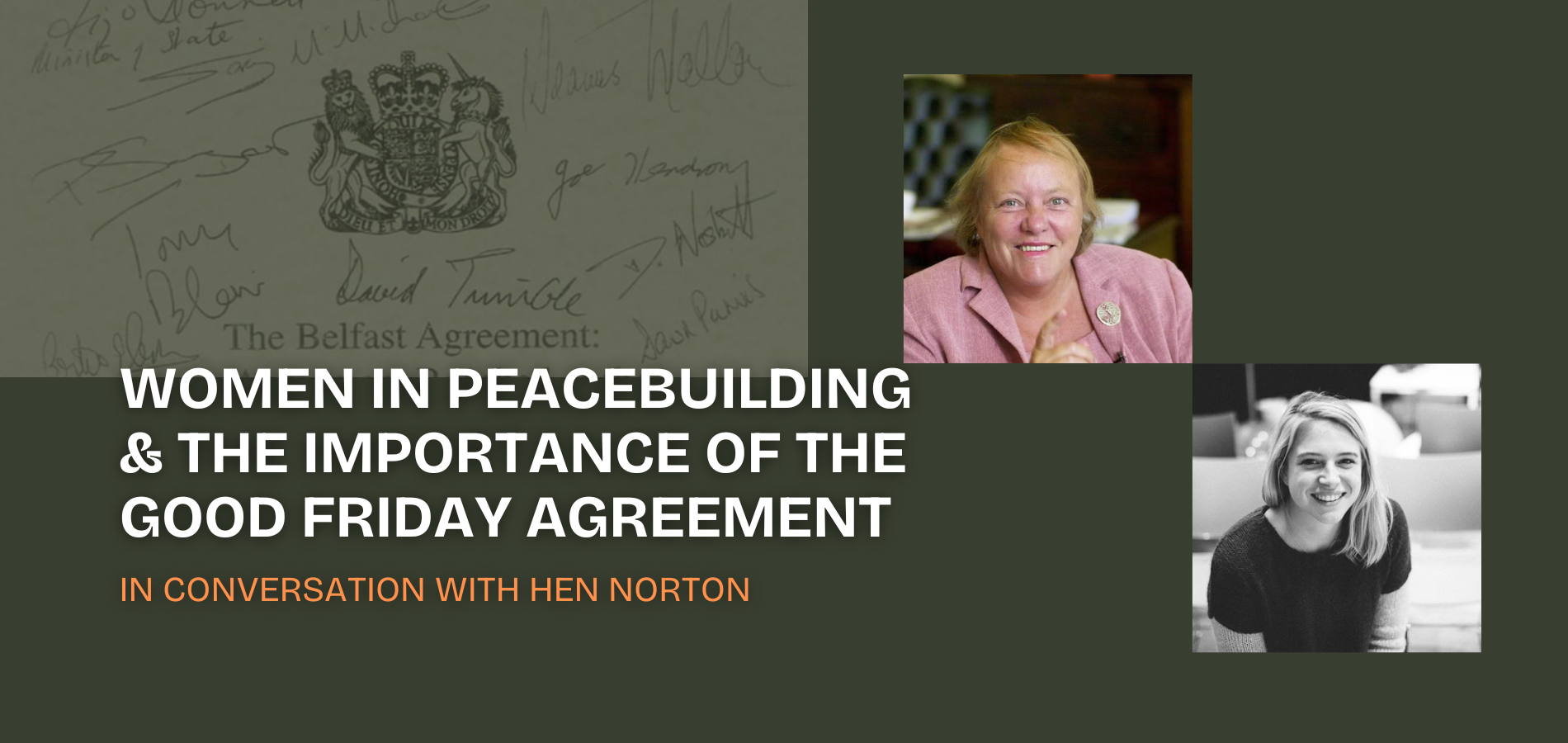With a second consecutive slam victory in sight after a commanding win over Wales, Ireland's journey through rugby union success has become a captivating narrative. The pre-match commentary echoed the unanswerable superiority of the Irish team, juxtaposed with Wales, a young team in transition. The Irish players, under the guidance of coach Andy
Farrell, have evolved into a winning machine over their five-year journey together.
The anticipation surrounding Ireland's supremacy played out as expected in the match against Wales. Despite not being at their best, Ireland comfortably defeated Wales. The bonus point, though secured in the last play of the game, reflected the team's ability. The dismantling of the brave Wales team showcased the prowess of the Irish side, setting the
stage for a crucial match against England.
Deputy First Minister Emma Little-Pengelly celebrated the victory, acknowledging the rich heritage intertwined with Irish rugby success. The implications of Ireland's triumph go beyond the field, resonating with a sense of national pride and unity. As Ireland continues to assert its dominance on the rugby stage, it becomes a source of inspiration for the nation,
reflecting the resilience and collective spirit of its people.
The focus now shifts to the upcoming clash against England in Twickenham. Unlike the passive ploy employed by Wales, England presents a different challenge. Coach Andy Farrell dismisses the notion that the first-half frustration against Wales provides a blueprint for England. The English team operates with a more aggressive approach, flying up to disrupt
the playmaker and swarming over the breakdown.
For many, the journey across the Irish Sea to witness the clash against England holds immense significance. Families, like my own, will journey to Twickenham with bated breath, fuelled by the desire to avoid a repeat of the cruel defeat to New Zealand last October.
The impending clash against England transforms into more than a rugby match—it stands as a testament to the enduring spirit defining Irish rugby. It encapsulates a nation's journey, overcoming challenges and celebrating victories with unwavering fervour. The anticipation becomes a communal experience, uniting families, friends, and communities.
Looking forward, this match signifies a commitment to uphold the legacy of Irish rugby excellence, inspiring the next generation. The values instilled on the rugby pitch—teamwork, resilience, and determination—become guiding principles for the broader community, influencing the national ethos. The enduring legacy extends beyond national borders, showcasing Ireland as a global powerhouse with rich cultural heritage and a tenacious spirit. Victories against formidable opponents affirm Ireland's place among international rugby elites.
The upcoming clash against England marks a crucial moment in the ongoing story of Irish rugby, underscoring the nation's identity and inspiring future generations. When the Irish team steps onto the field, they bear the hopes and dreams of a nation, turning each match into a part of a lasting legacy.
Article by Kate O'Mahony.





